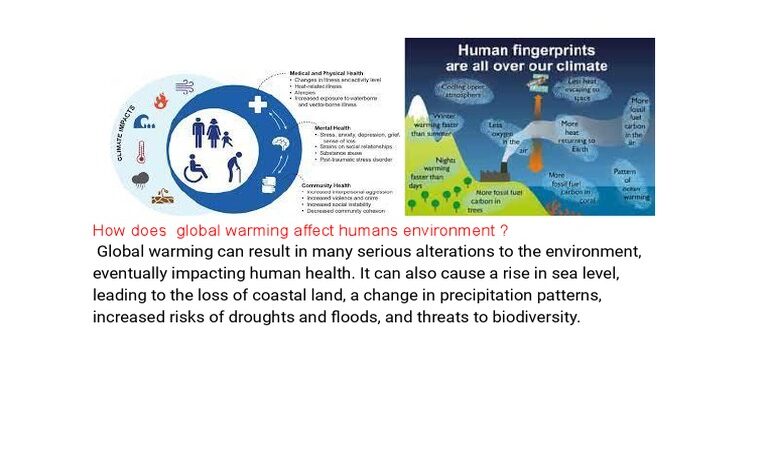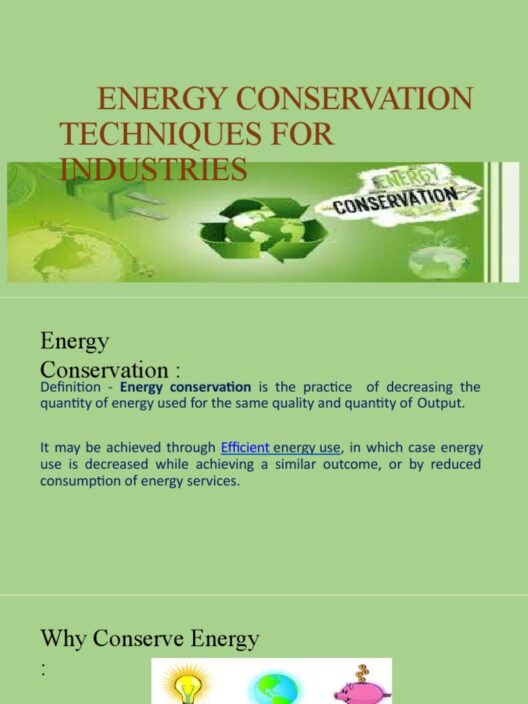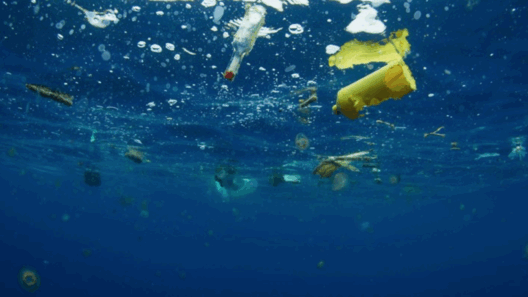The phenomenon of global warming represents one of the most pressing challenges facing humanity today. It is primarily caused by the accumulation of greenhouse gases (GHGs) in the atmosphere, which trap heat and lead to the gradual increase in Earth’s surface temperature. Understanding human contributions to this alarming trend is crucial for developing effective mitigative strategies. This discourse will explore various facets of human involvement in global warming, elucidating how individual actions, industrial activities, and consumption patterns substantially impact the planet’s climate.
At the core of human-induced global warming lies the combustion of fossil fuels. Activities such as driving vehicles, powering industries, and generating electricity primarily rely on coal, oil, and natural gas. When these fuels are burned, they release significant quantities of carbon dioxide (CO2) and other GHGs into the atmosphere. The transportation sector, which includes cars, trucks, and airplanes, is a notable contributor, accounting for approximately 14% of global greenhouse gas emissions. This is compounded by the growth of urban populations and the increased demand for personal transit, underscoring the urgent need for sustainable transportation alternatives.
Industrial activities further exacerbate the situation by emitting not only CO2 but also methane (CH4) and nitrous oxide (N2O), both of which are far more potent than CO2 in terms of their heat-trapping capabilities. Manufacturing processes, particularly those involved in cement production and chemical manufacturing, consist of significant emissions that are often overlooked. Moreover, the extraction and refining of fossil fuels consistently release methane—a gas that contributes approximately 26% to global warming over a century. Hence, re-evaluating industrial processes and emphasizing cleaner technologies becomes a critical undertaking for mitigating climate change.
Furthermore, agriculture plays a substantial role in exacerbating global warming. Livestock farming, particularly cattle ranching, is responsible for a large share of methane emissions due to enteric fermentation and manure management. Agricultural practices such as rice cultivation also produce methane as a byproduct. In addition to methane, the use of nitrogen-based fertilizers leads to increased nitrous oxide emissions. This highlights the dire need for innovative agricultural methods that prioritize sustainability, such as organic farming and permaculture, which could significantly reduce the carbon footprint of food production.
Deforestation constitutes another major facet of human activity contributing to global warming. Forests serve as crucial carbon sinks, absorbing CO2 from the atmosphere. However, widespread logging, agricultural expansion, and urban development result in the depletion of these vital ecosystems. The loss of trees leads to a dual problem: the carbon stored in trees is released back into the atmosphere, and the planet loses its capacity to absorb future emissions. Policies aimed at enhancing reforestation and sustainable land management are essential for restoring balance to our ecosystems and combating climate change.
The consumer culture prevalent in modern society cannot be overlooked either. The relentless demand for goods drives overproduction and excessive waste generation. From fast fashion to electronic gadgets, the lifecycle of consumer products often involves extensive resources and emissions, including transportation emissions associated with global supply chains. The phenomenon of planned obsolescence leads consumers to purchase new items frequently, which exacerbates resource depletion and further strains the environment. Hence, adopting a culture of sustainability and minimalism, emphasizing recycling, and promoting the circular economy could mitigate the negative impacts of consumerism.
Moreover, the increasing reliance on fossil fuel-based energy systems is intricately linked to global warming. Energy generation from coal and natural gas has been the predominant source of electricity worldwide. However, transitioning to renewable energy sources such as wind, solar, and hydropower is essential to curtail emissions. Technological advancements have made renewable energy more accessible and cost-effective. Governments and individuals alike must prioritize investment in clean energy infrastructure to facilitate a shift away from fossil fuels and establish a more sustainable energy future.
Individuals possess significant power in combating global warming. Lifestyle choices, such as energy consumption, transportation methods, and dietary preferences, can collectively influence emissions. Adopting energy-efficient appliances, utilizing public transportation, and reducing meat consumption can all contribute to lower carbon footprints. Additionally, awareness campaigns aimed at educating the public about environmental issues play a pivotal role in instigating behavioral change. Small shifts in personal habits can lead to substantial cumulative effects if adopted on a wide scale.
Ultimately, the urgency of addressing global warming hinges not solely on scientific understanding but also on societal will. Policymakers, businesses, and individuals must collaborate to devise innovative solutions and implement systemic changes. Enacting robust environmental legislation, promoting sustainable business practices, and fostering community initiatives are paramount in the collective fight against climate change. Every action—whether governmental, industrial, or individual—counts in reshaping our environmental future.
In conclusion, the intricate relationship between human activity and global warming is multifaceted and urgent. From fossil fuel consumption, industrial emissions, agricultural practices, and deforestation to consumer behavior, every aspect contributes to the changing climate. Acknowledging these contributions provides the foundation for informed action and policy development. Integrating sustainability into daily practices, embracing innovative technologies, and committing to substantial environmental reforms will be vital for curtailing the adverse effects of global warming. Time is of the essence, and proactive measures are essential to safeguard our planet for future generations.






